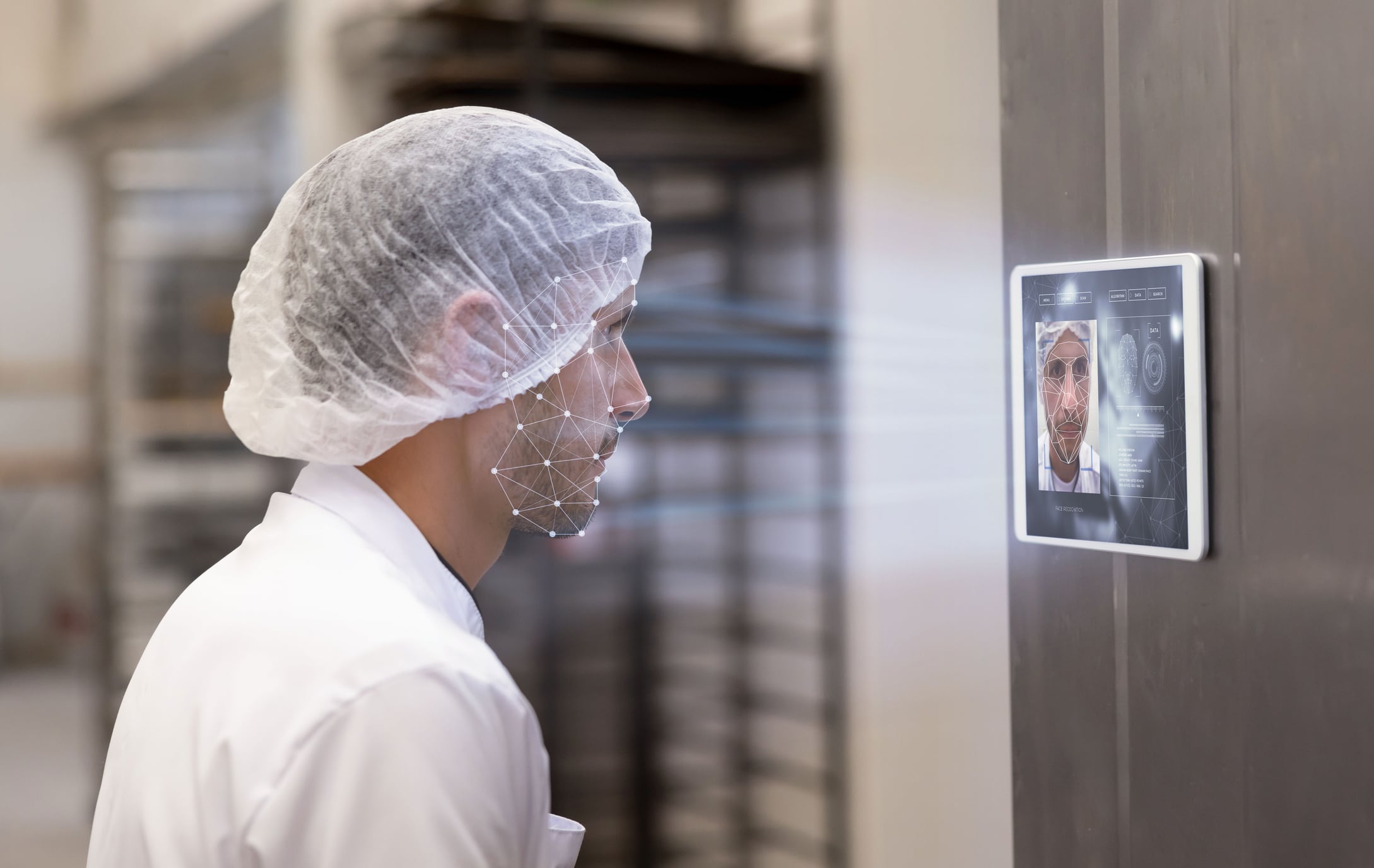
Food fraud cases surge worldwide as prevention efforts fail
A fresh wave of food fraud is sweeping the globe. What can be done to stop it
News & Analysis on Food & Beverage Development & Technology

A fresh wave of food fraud is sweeping the globe. What can be done to stop it

Harmful side effects from the drugs could send consumers to food-based alternatives

Animal welfare concerns have led the UK government to take action on the controversial killing method
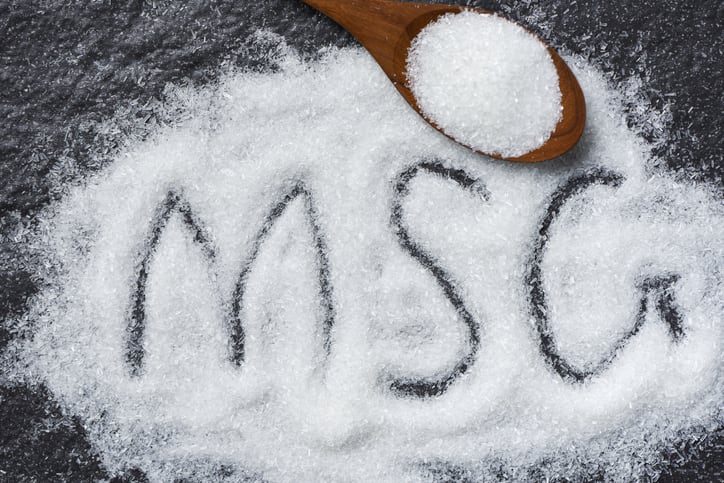
Is it time to bring MSG out of the shadows? Inside the brand leading a bold rethink of one of food’s most misunderstood ingredients.

From yeast‑based oils to CO₂‑derived fats, discover which next‑gen palm oil alternatives are closest to commercial scale and why 2026 could be a breakthrough year
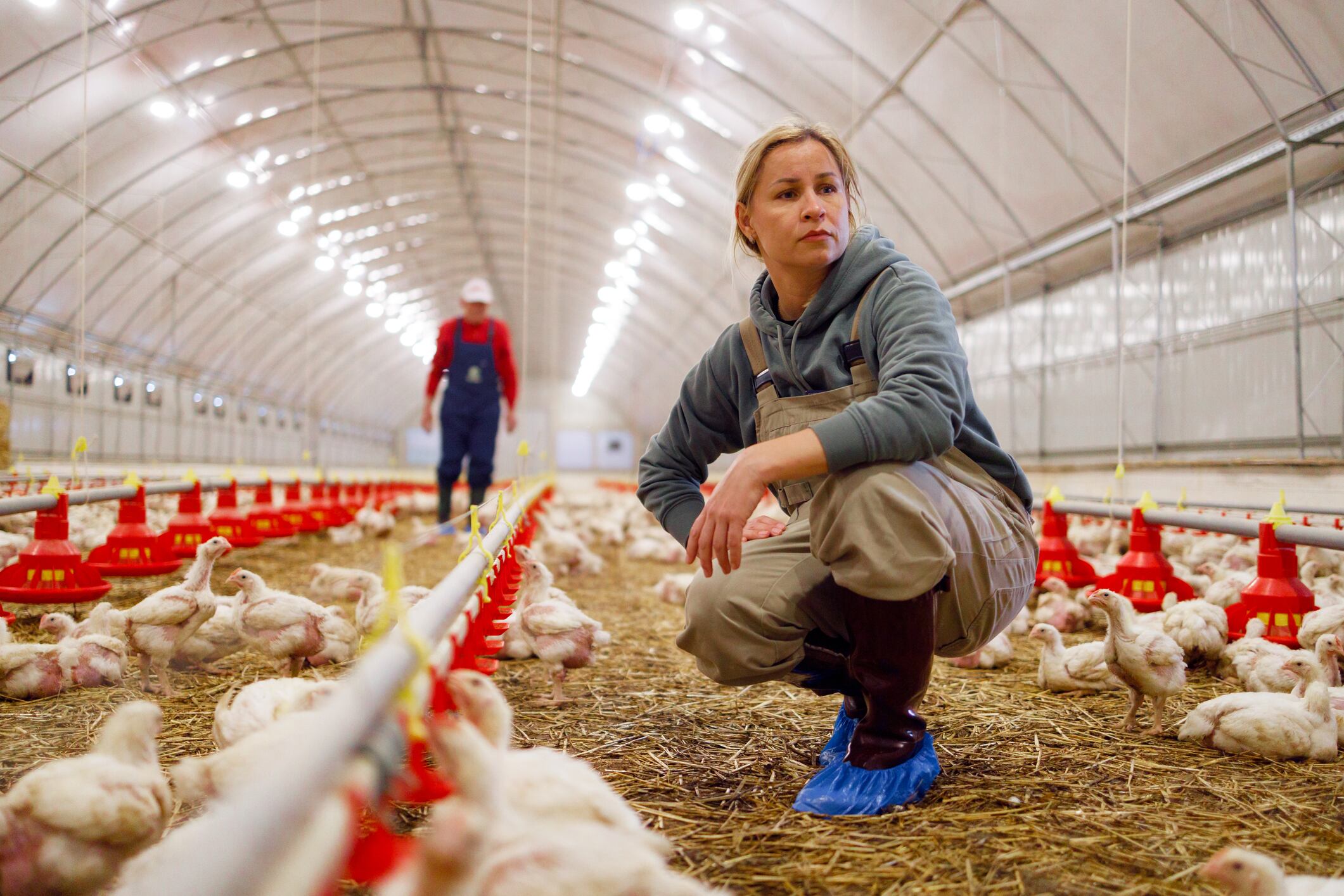
A bird‑flu strain spreading through US dairy herds has Europe on alert, as EFSA warns that early detection and strict biosecurity will be key should the virus cross the Atlantic.

Opinion
By explicitly cutting off novel foods from use in regulatory sandboxes, the EU is stifling innovation

The UK has released its first guidelines on cultivated meat novel food applications

The innovative gene editing technique can make crops more disease and drought resistant, but faces scepticism from regulators and NGOs
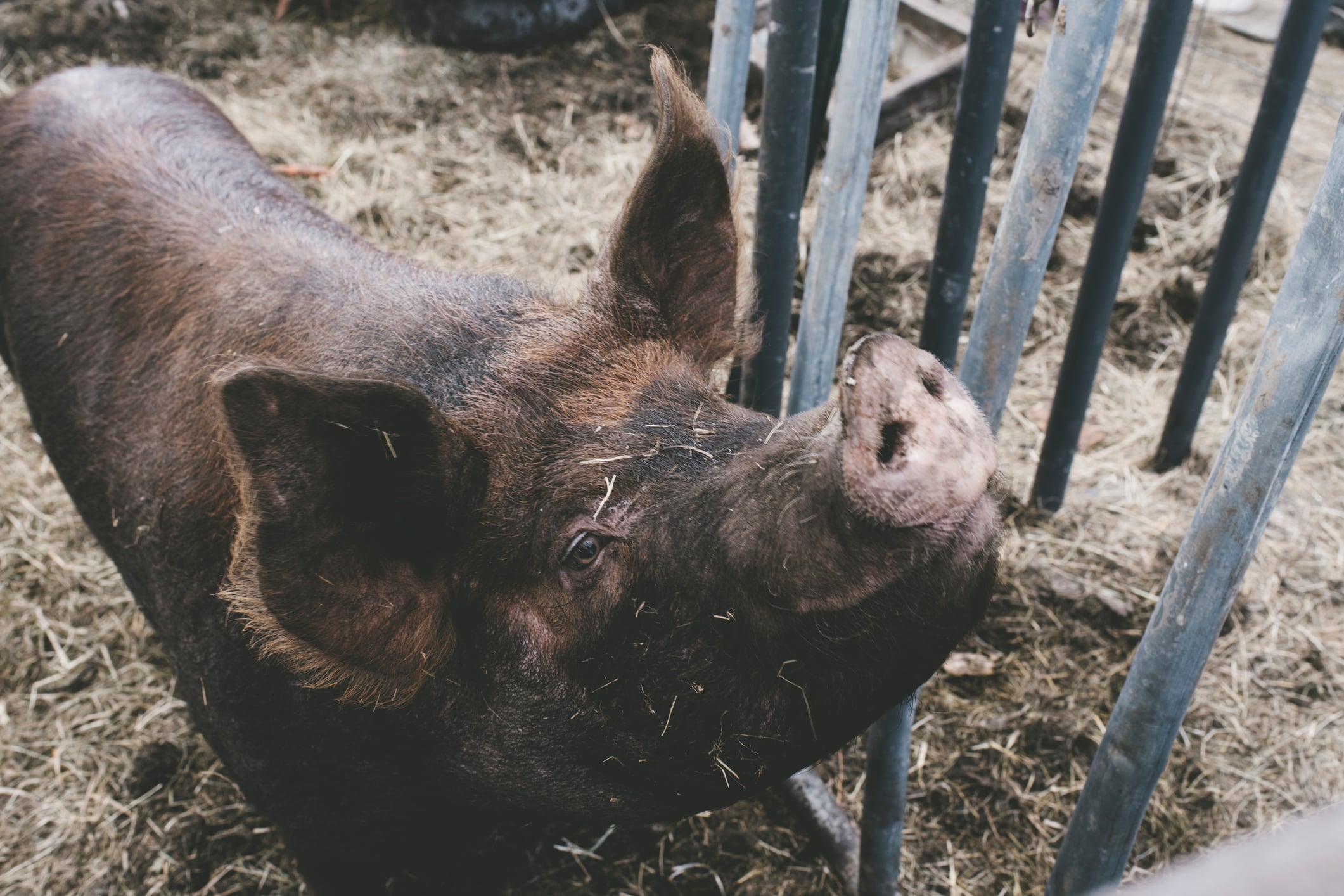
The disease has hit the EU’s largest pork producer hard

Despite market potential, CBD is restricted in the EU

Discover the trends shaping performance, recovery, and longevity in the next generation of sports nutrition

New research reveals fruits and vegetables carry high pesticide risk
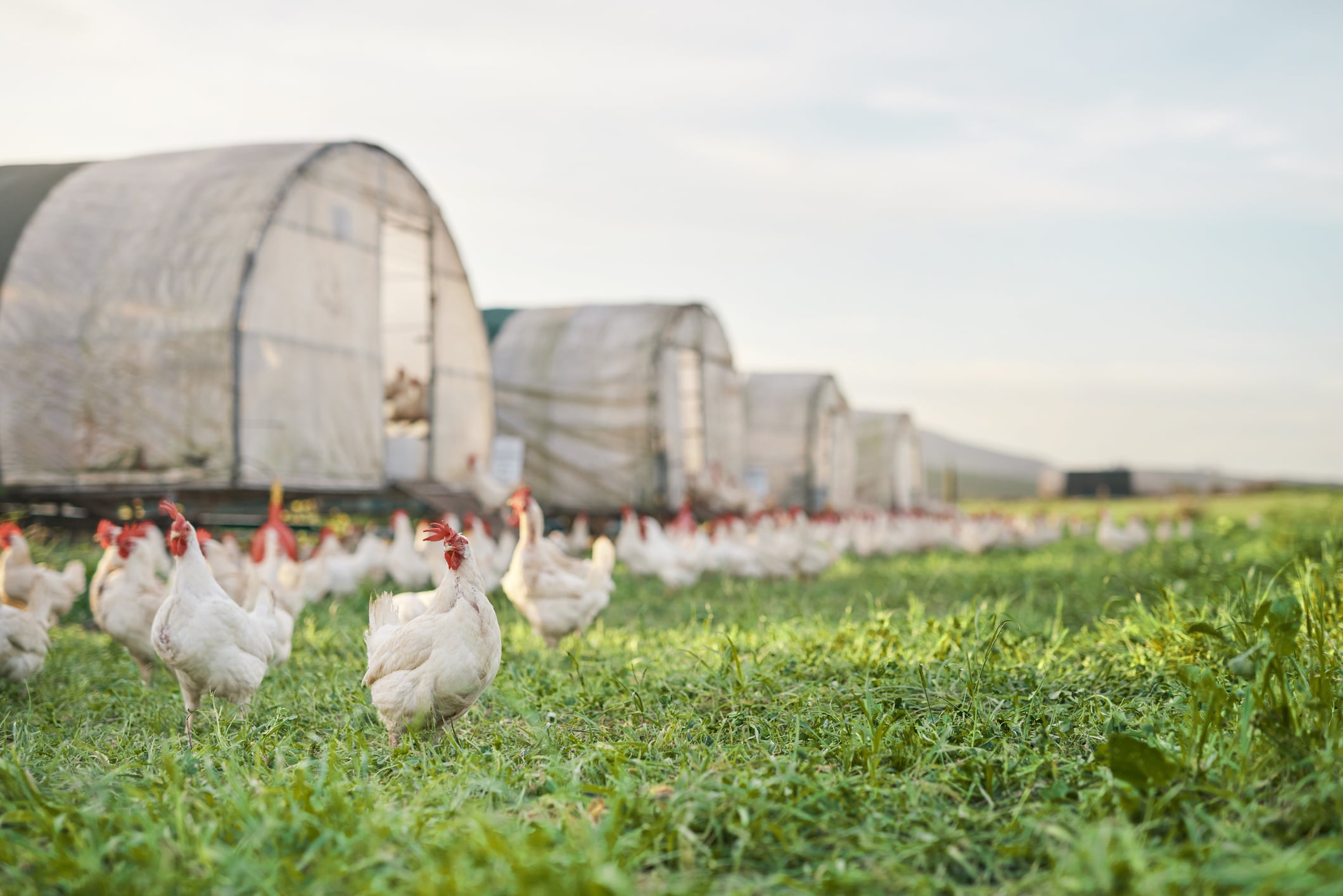
Cases of avian influenza are now four times what they were a year ago

New research linking omnipresent emulsifiers to gut damage and obesity is raising tough questions for manufacturers

Taking out harmful ingredients and putting in beneficial ones cannot alone counteract negative effects of UPFs, says Lancet study

Up the food chain
The newly appointed Dr Nikolaus Kriz has ambitions to optimise European food safety
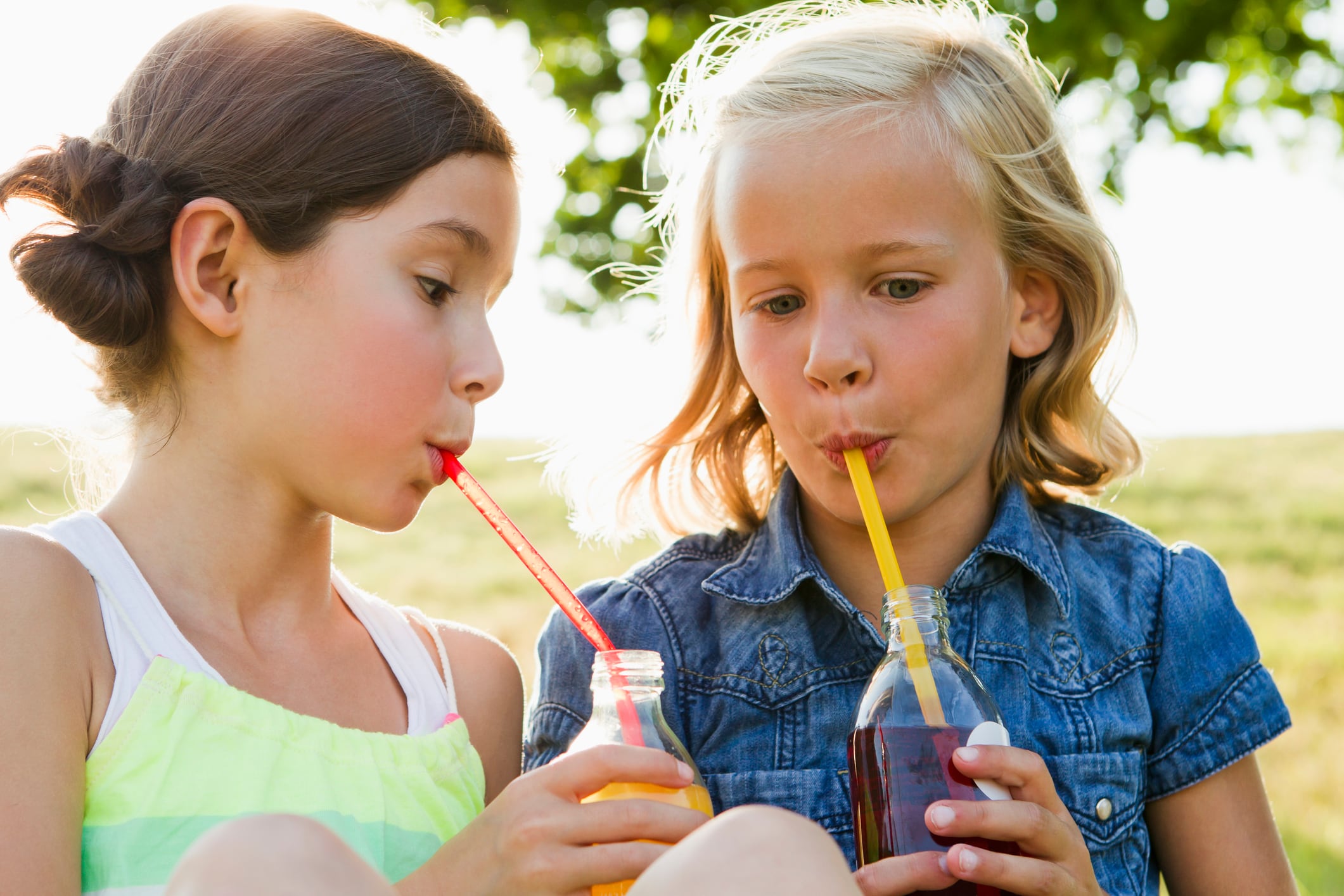
Opinion
As the fallout from the Lancet’s three-part series on ultra processed foods settles across the food system, we ask who’s saying what, and what will happen next

A wide-ranging study from The Lancet is the most damning blow to ultra-processed foods yet

Vision fears are the next shockwave to hit GLP-1 drugs

Manufacturers and retailers are rethinking gluten-free as festive sales soar
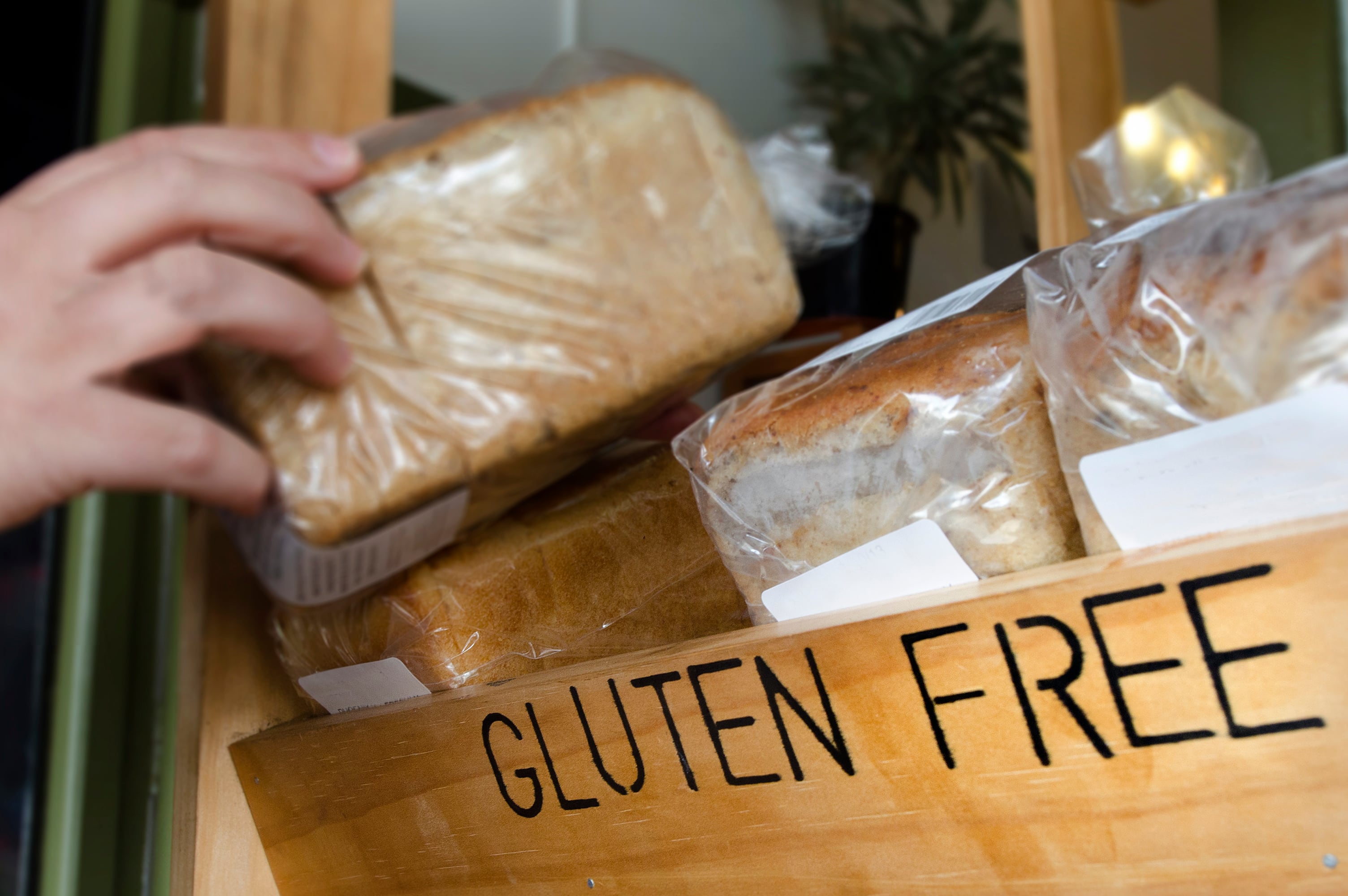
Gluten sensitivity is widespread, but it may not be directly caused by gluten

Sleep is a key health goal among consumers globally. The food industry now has an opportunity to meet consumer demands

New research suggests natural sweetener stevioside may help boost hair growth
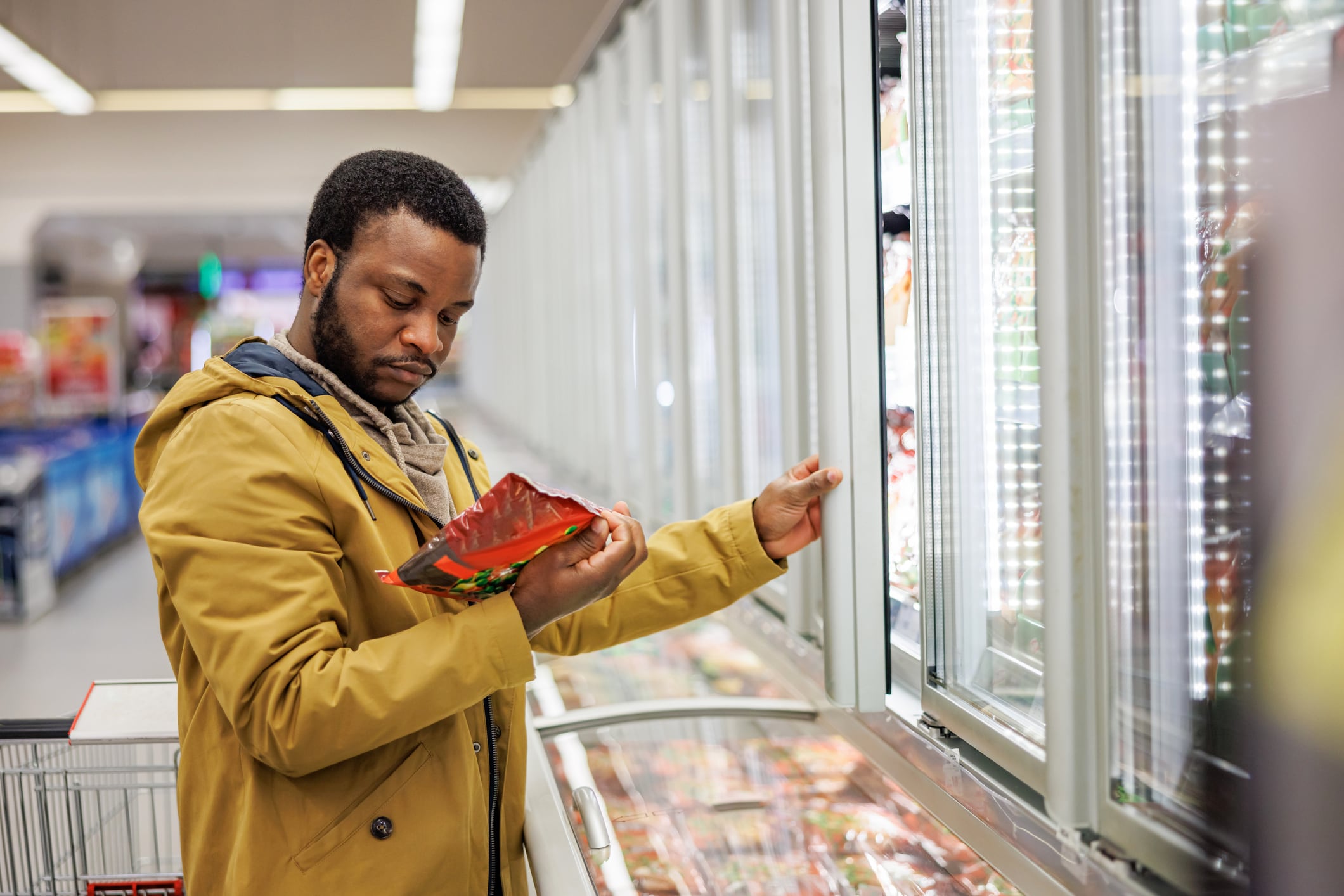
What do companies need to do to ensure their claims are compliant in the EU?
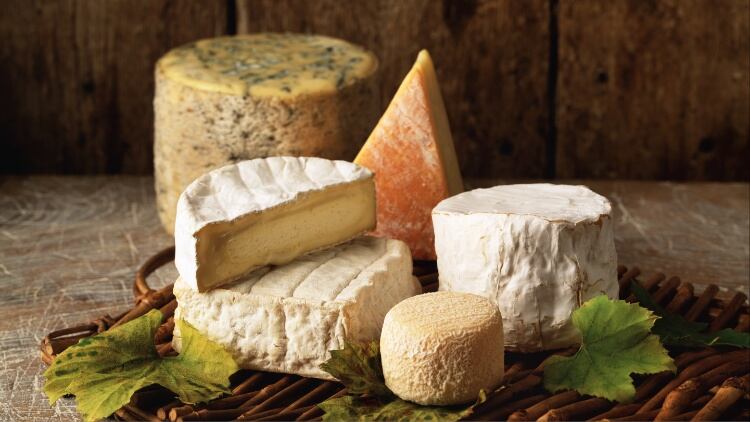
Opinion
There are some great plant-based milk and cream cheese alternatives out there, but semi-hard cheeses are tougher to crack. Could fermentation hold the key?

Industry must better understand how healthy ageing works
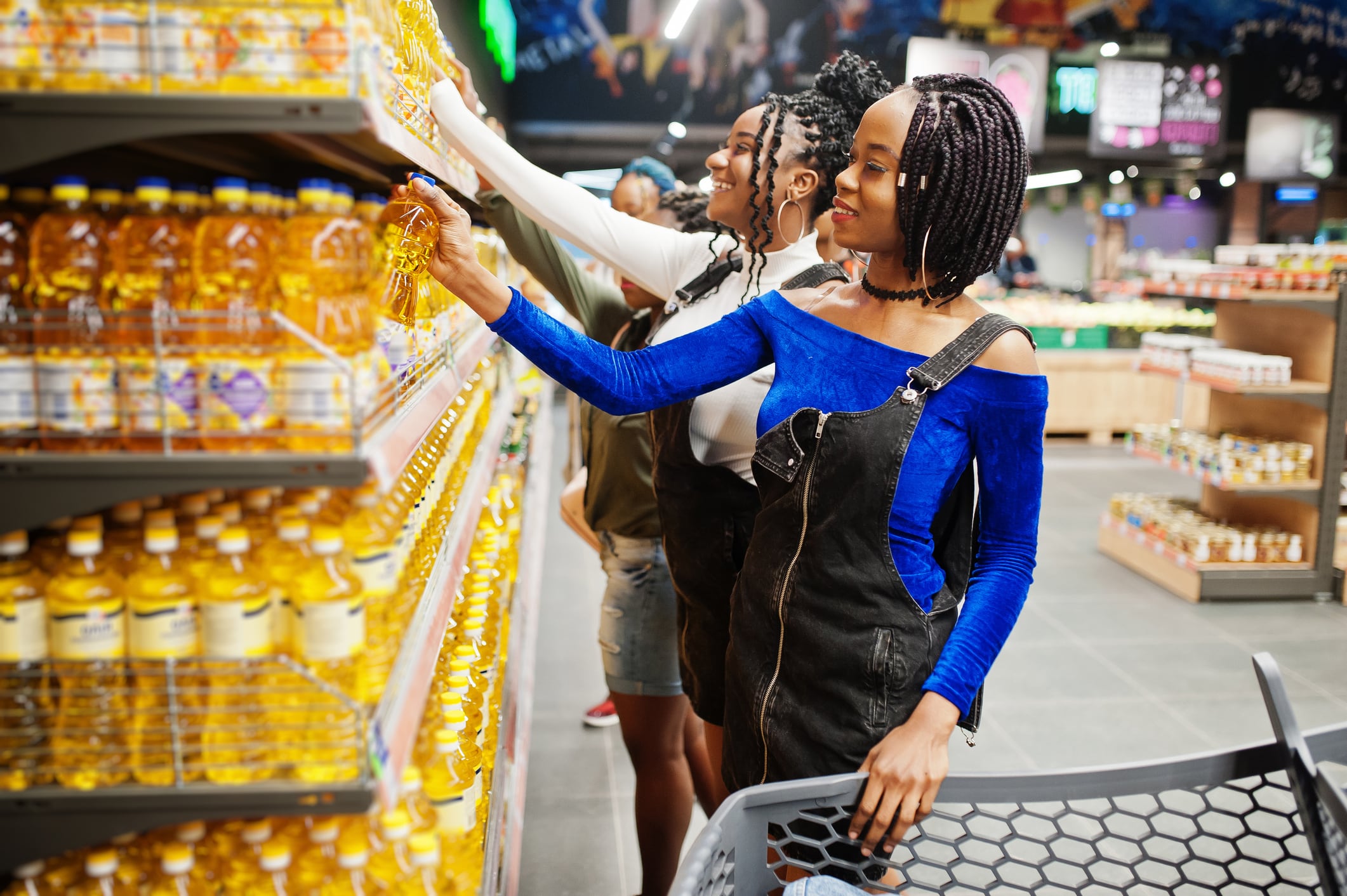
A new study suggests palm oil use is not as widespread as previously thought
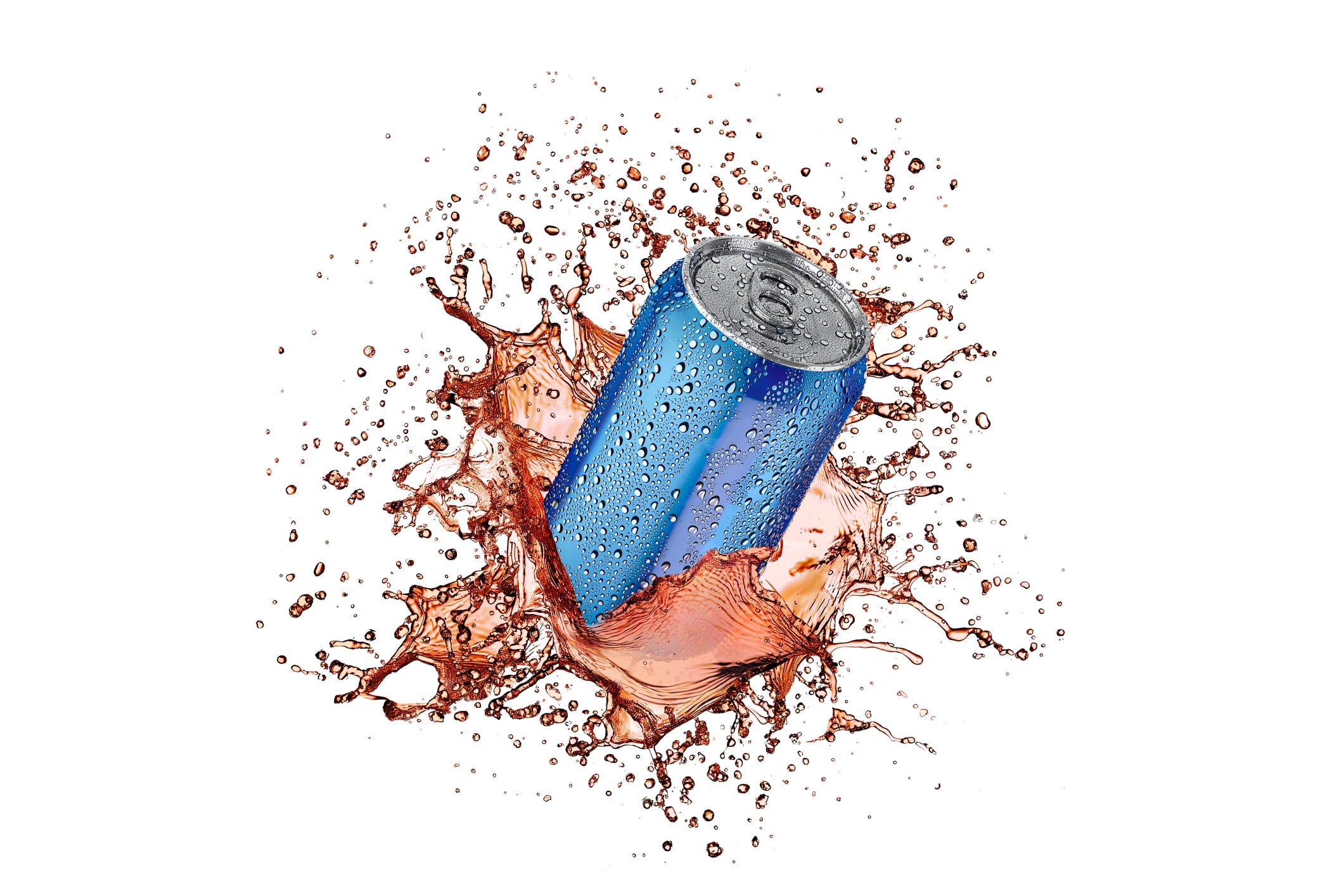
Sweetened drinks are linked to an even greater risk of liver disease than their sugary counterparts
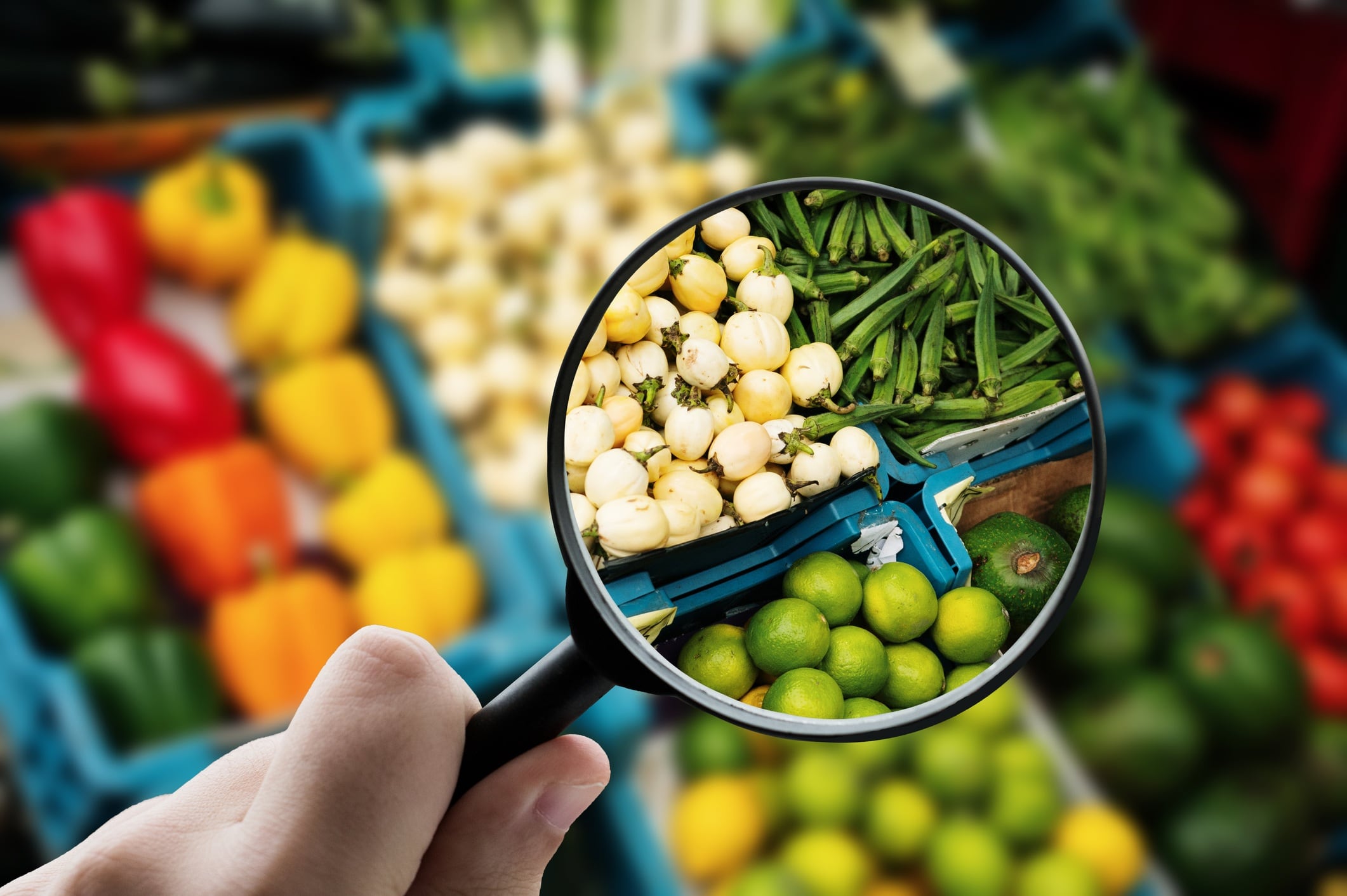
The discovery of ‘nutritional dark matter’ is unlocking new paths for smarter food innovation, targeted health benefits, and precision nutrition
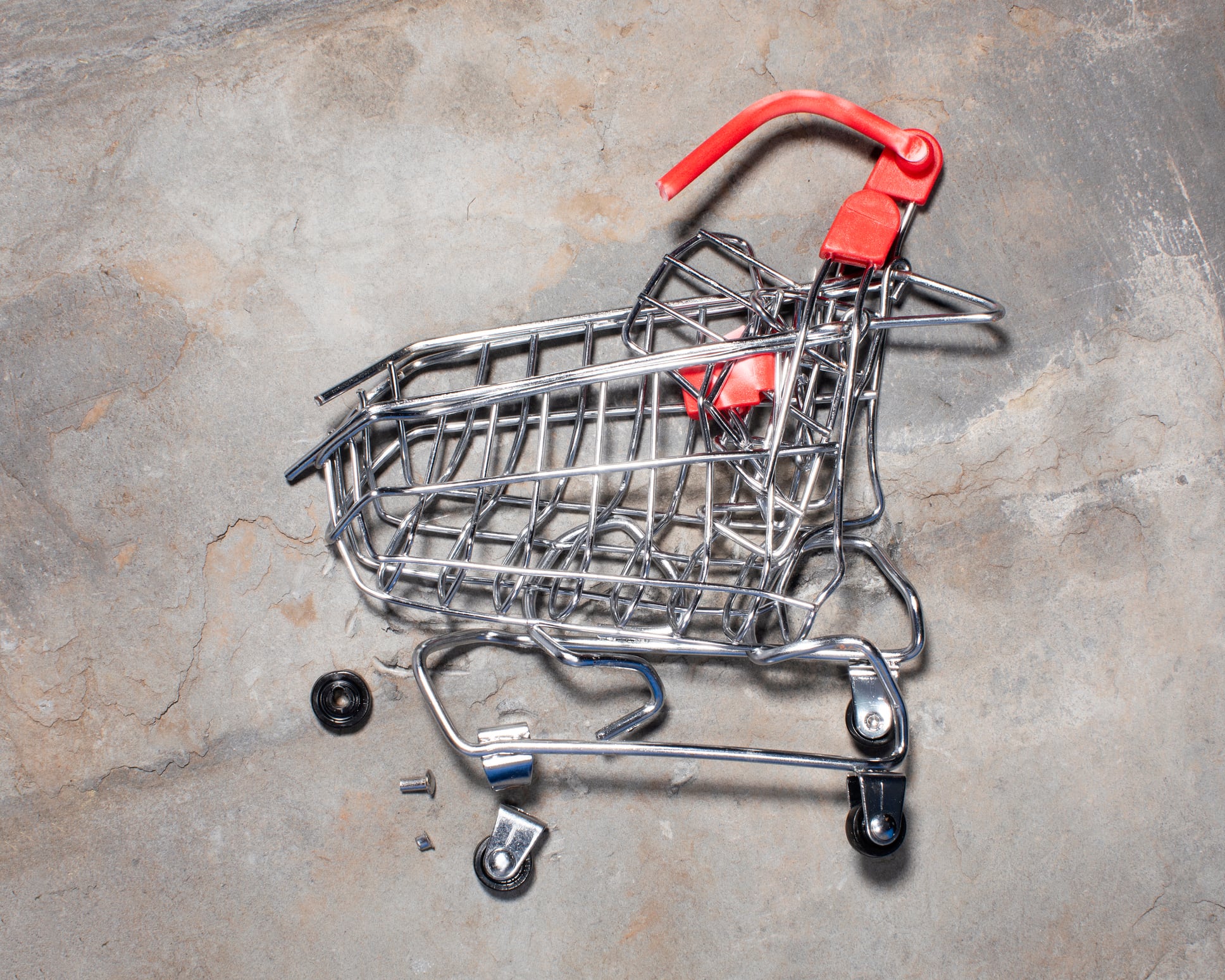
When costs are high, consumers are more discerning with their wallets

Are ultra-processed foods really the enemy?

Consumers are spending big on health-boosting foods and drinks, but flavour is still the dealbreaker

More consumers understand food safety than ever before, according to EFSA
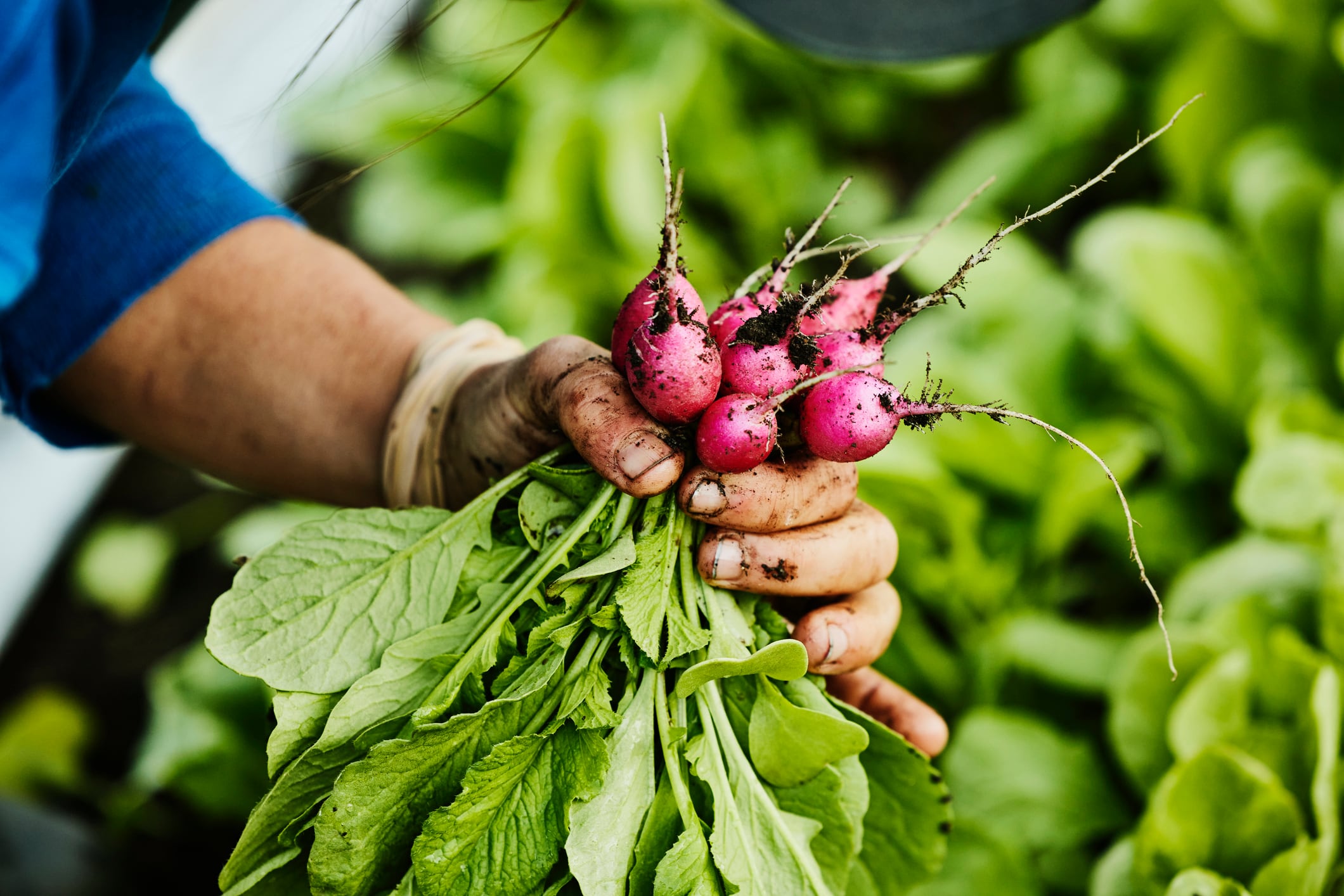
Sustainable September
The dangerous, microscopic plastic particles can accumulate in the edible parts of veg, study suggests
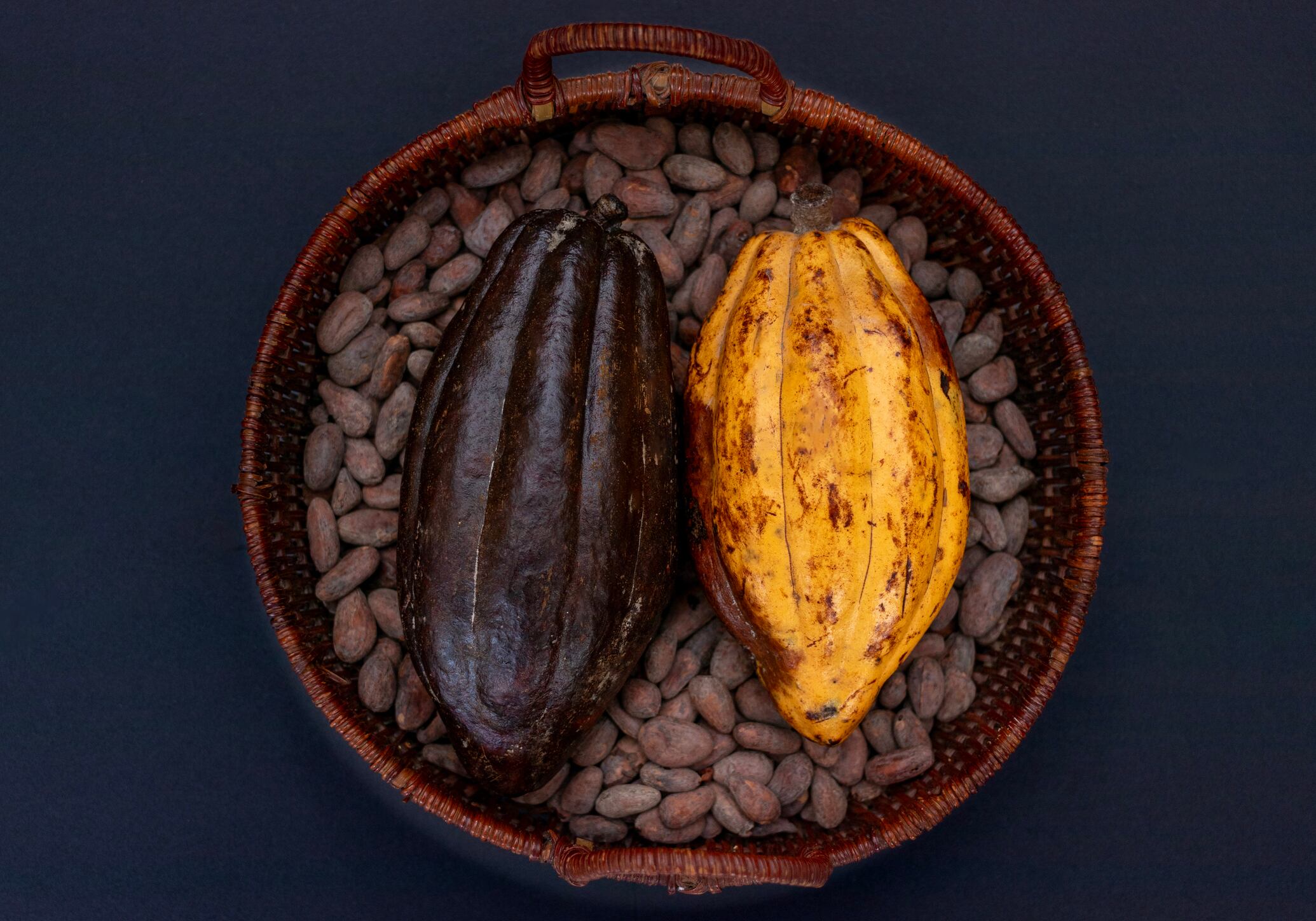
Black pod disease is the latest infection to impact production of the beloved bean
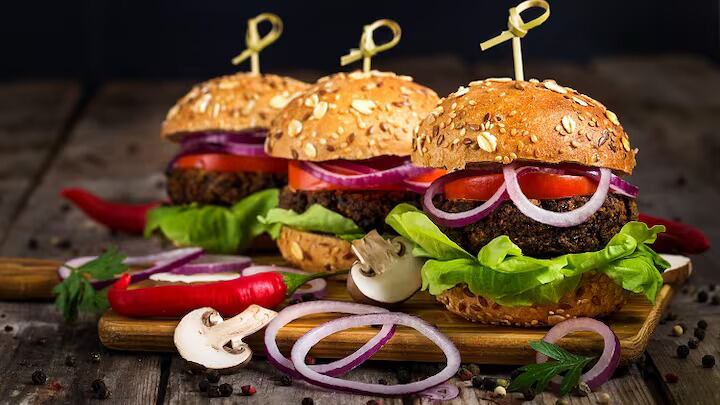
Opinion
Blended foods promise the best of both worlds, but getting them right is no easy feat. Discover the science behind creating hybrid products that deliver on taste, texture, and sustainability

The legacy brand is responding to consumer demand for clean label foods

By limiting food intake, athletes could lose out on essential nutrients they need for peak performance

As GLP-1 weight loss drugs skyrocket in popularity, their impact on gut health is raising questions

Sustainability September
Extreme weather is devastating crops and driving up food prices. Can innovation save global food security?
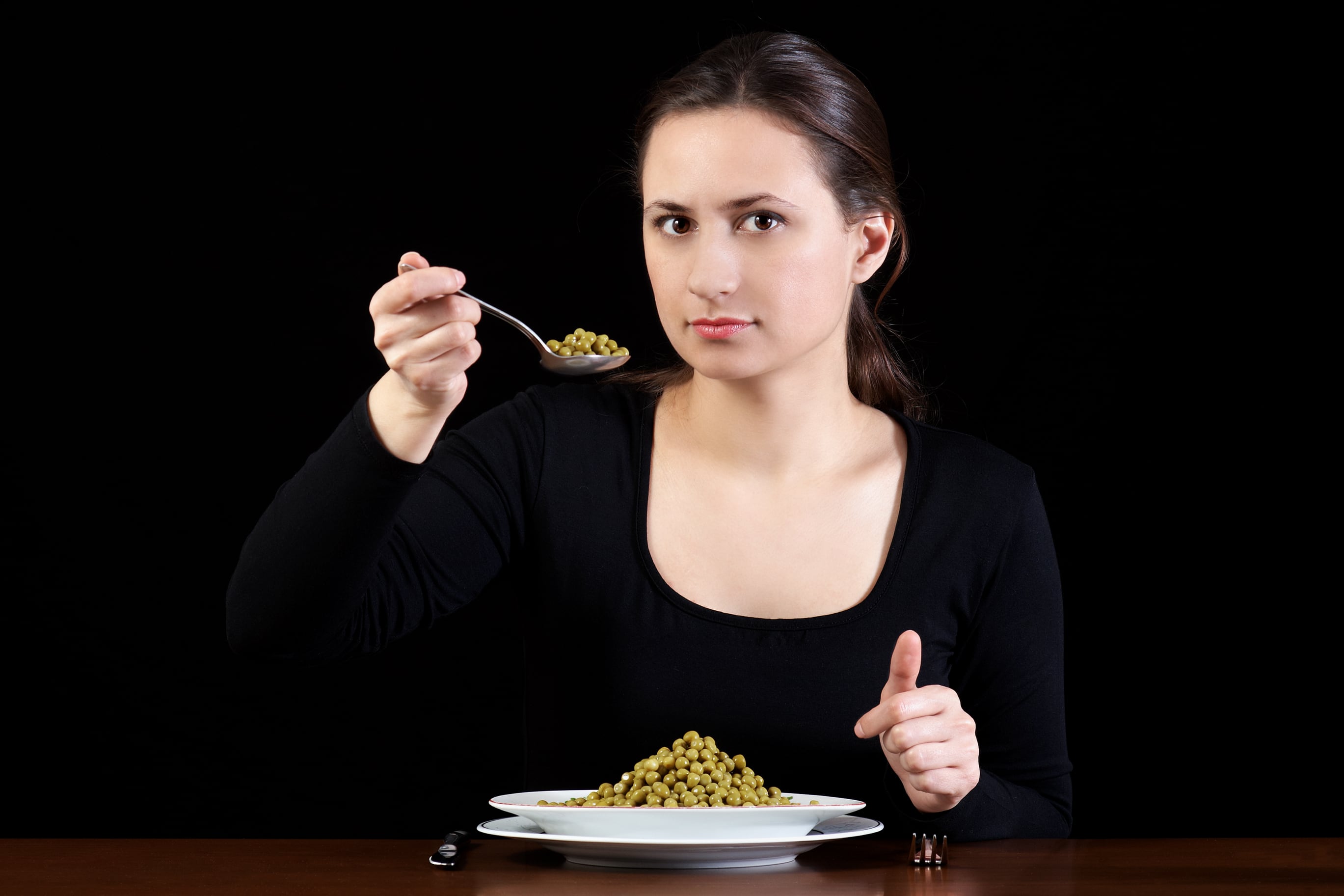
Goat’s and sheep’s milk, buckwheat, peas and lentils, and pine nuts are in the spotlight

Some ingredients frequently found in ultra-processed foods are linked to all-cause mortality

From cell-cultivated meat to precision-fermented dairy, regulators are stepping up to support innovation
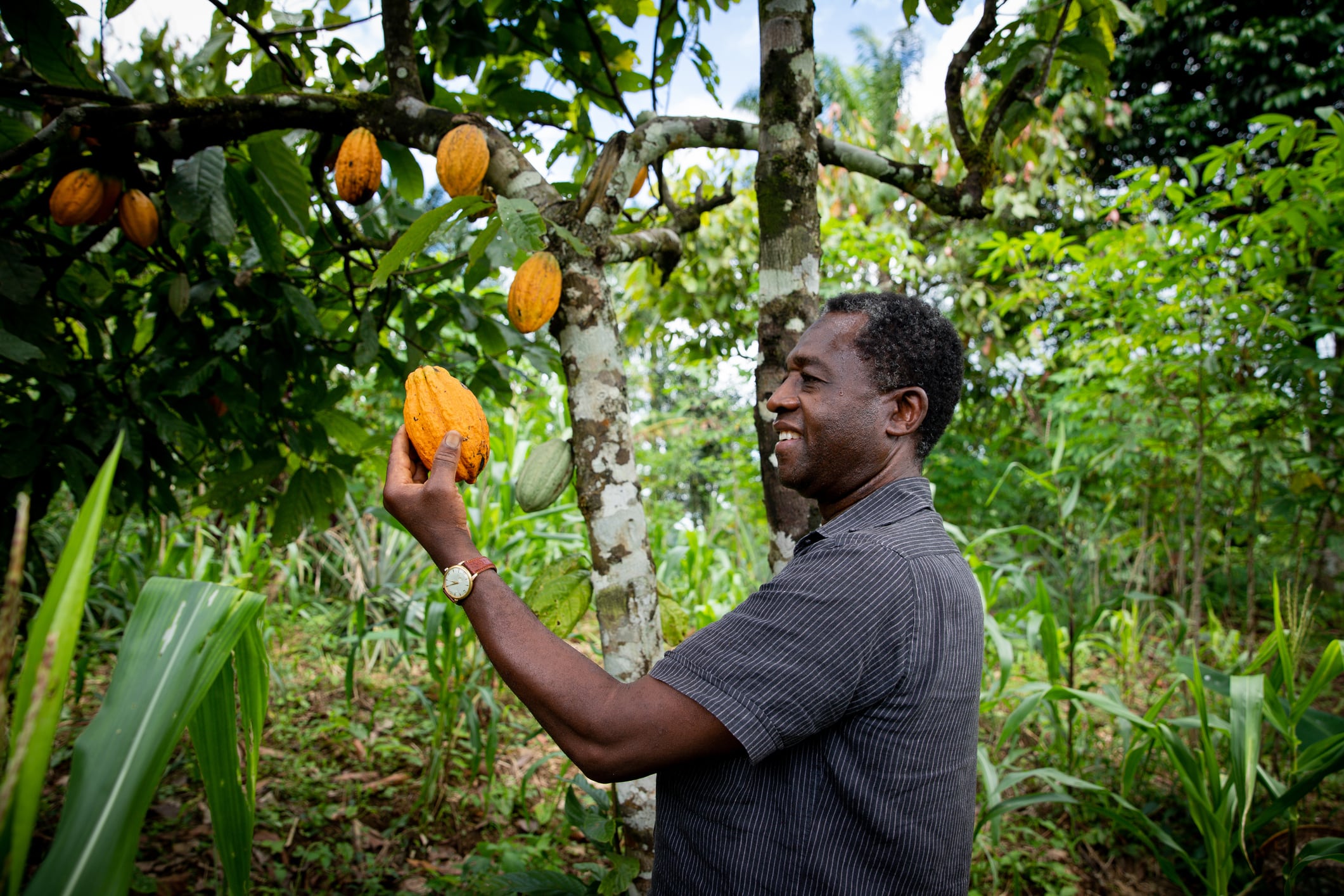
Cocoa must face up to challenges in its supply chain if it is to be compliant with the EUDR

The government is pushing to reduce salt and sugar for babies
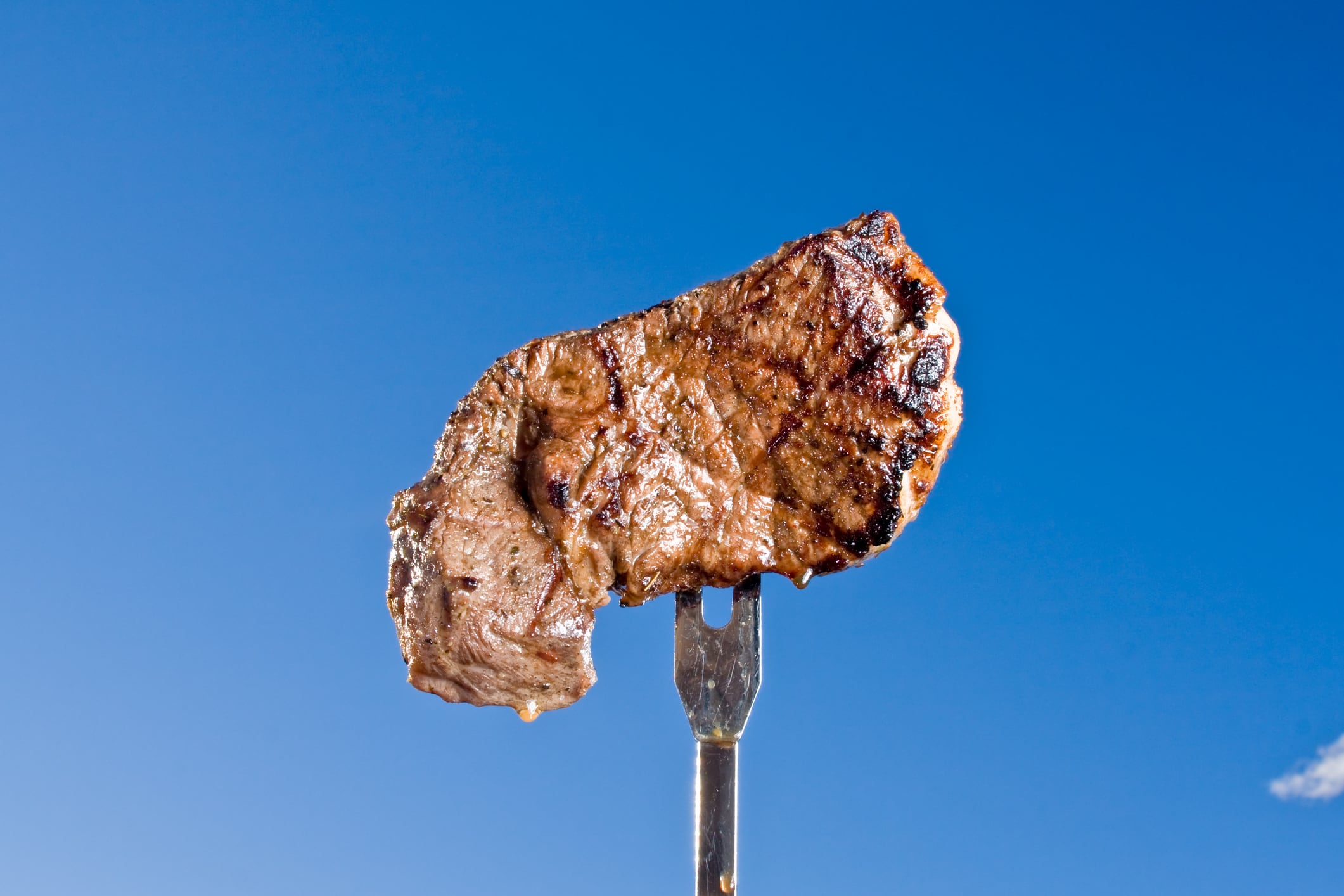
Not all protein sources provide equal health benefits

Consumers are turning away from sweeteners amid rising health concerns and distrust. What does this mean for the future of food and beverage?

After years of negotiations, no global regulations to tackle plastic pollution have been agreed

Research suggests the nutritional content of food is linked to overeating